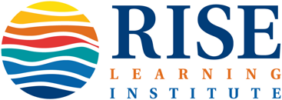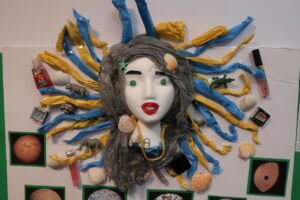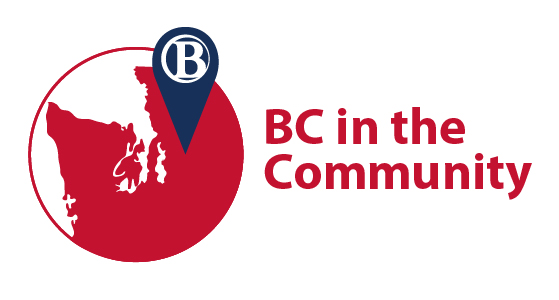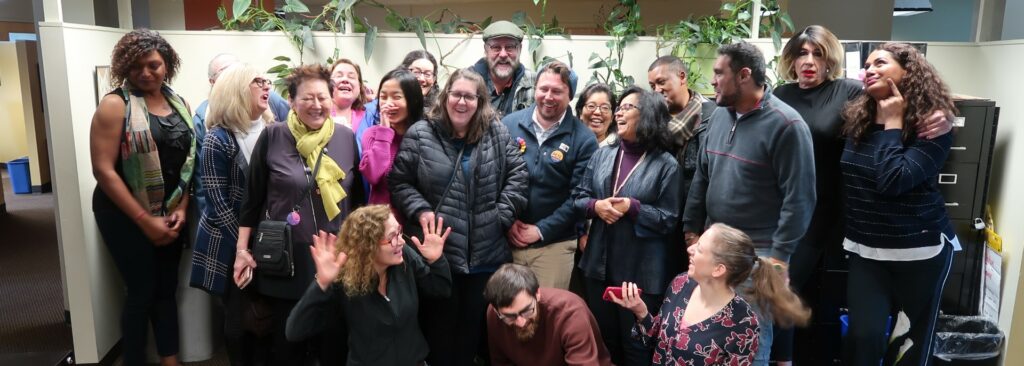
Why RISE?
The RISE Learning Institute at Bellevue College serves as a partner in your educational journey, amplifying your role not just as an instructor but also as a mentor, researcher, and community builder. RISE, an acronym for Research, Innovation, Service, and Experiential Learning, offers a holistic approach to education that enriches both faculty and students. RISE focuses specifically on four high-impact learning practices that have been shown to positively impact student learning and success: undergraduate research, project-based learning, community engagement and civic education, and career awareness. Through a variety of different approaches, RISE helps faculty integrate high-impact practices in and outside of the classroom to help students succeed.
High-Impact Communities of Practice
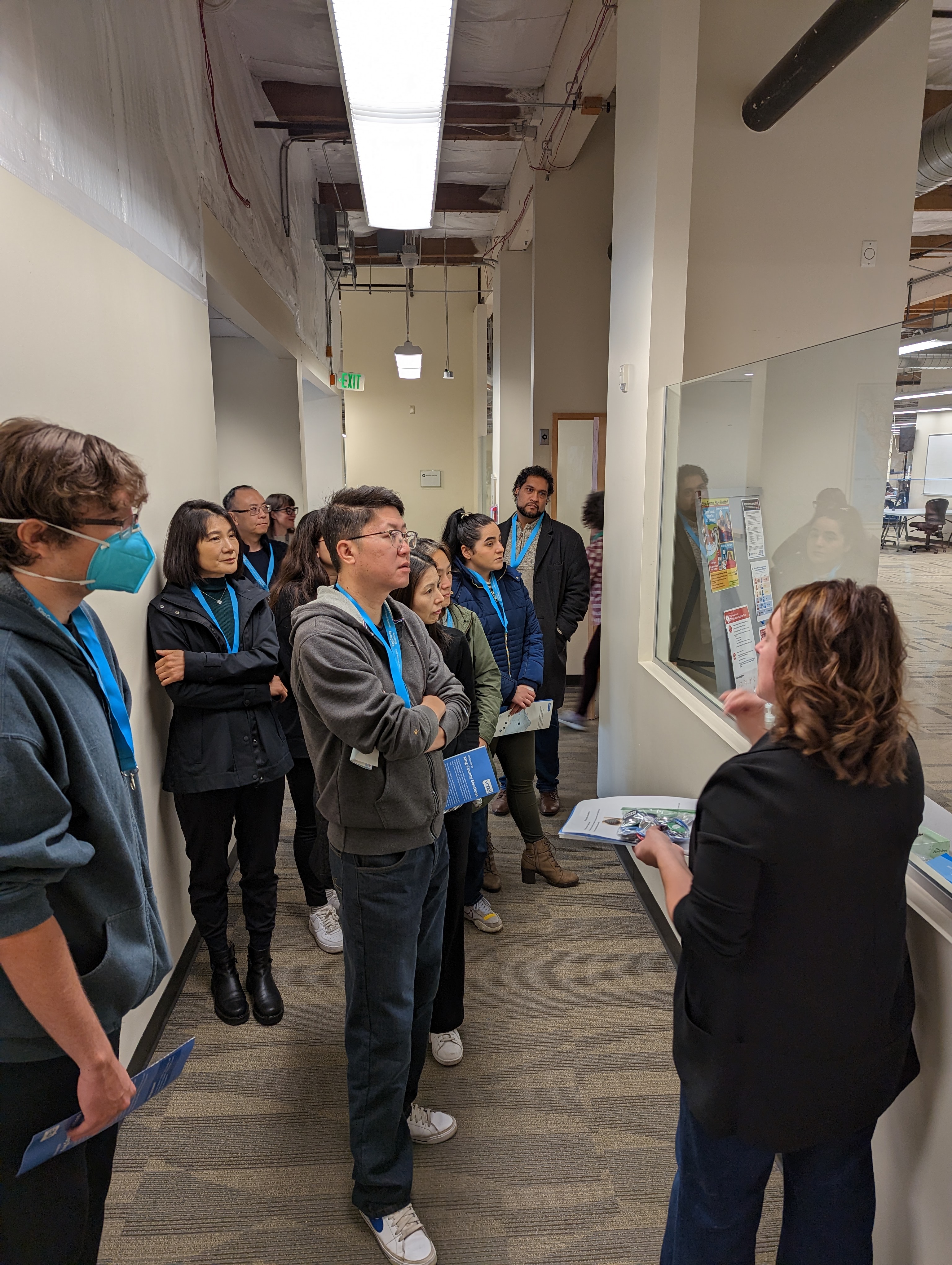
RISE brings together collaborative groups of faculty who share a common interest or focus in specific educational approaches or subject areas.
Some of these programs include:
- BUGR Group: Bellevue UnderGraduate Research Group is a multidisciplinary team of faculty engaged in course-based undergraduate research.
- CECE Community: Community-Engaged & Civic Education, supports instructors, students, and programs, looking to connect to the community. It specifically targets nonprofit, government, advocacy, faith-based, and civic organizations.
- Faculty Champions of PBL: Faculty members who advocate for Project-Based Learning.
Workshops and Events
RISE offers opportunities for faculty to attend a variety of educational activities aimed at enhancing expertise.
Some of these programs include:
- Project-Based Learning Workshops: Workshops focused on helping faculty implement Project-Based Learning into their curriculum
- Professional Development Workshops: General workshops aimed at enhancing faculty skills and knowledge
- Student Research Presentations: We coordinate BC’s participation in the University of Washington’s Undergraduate Research Symposium, the largest celebration of undergraduate research on the West Coast.
- Faculty Learning Communities on High Impact Practices: A diverse community of like-minded instructors interested in learning about a specific topic
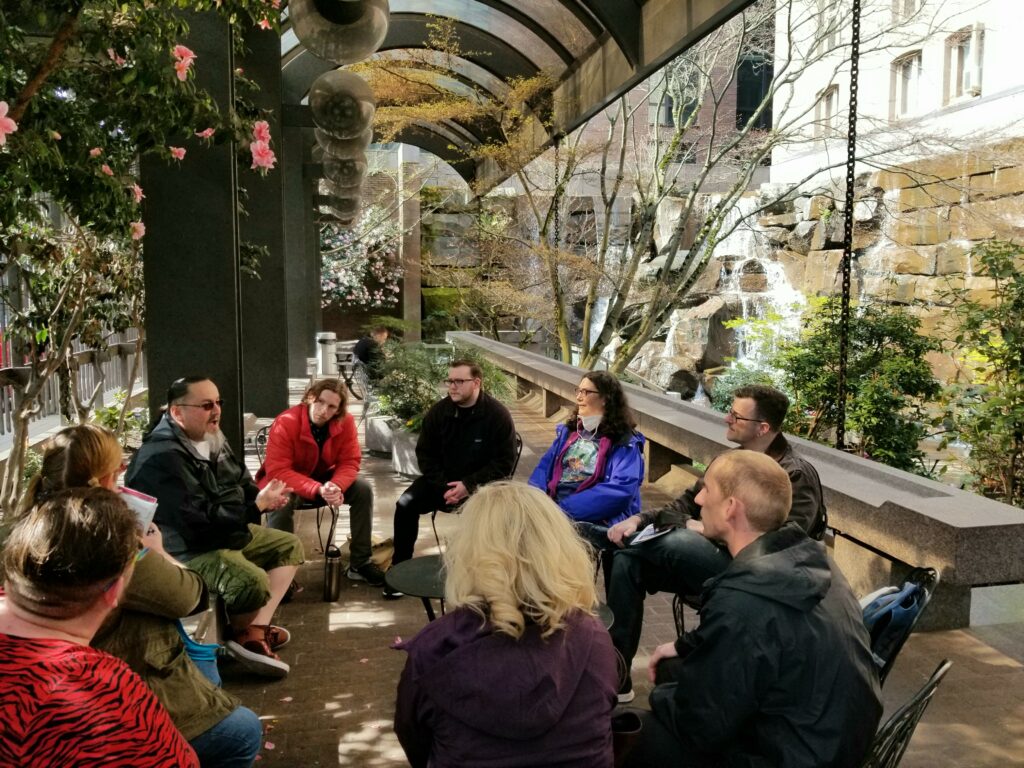
1:1 Support
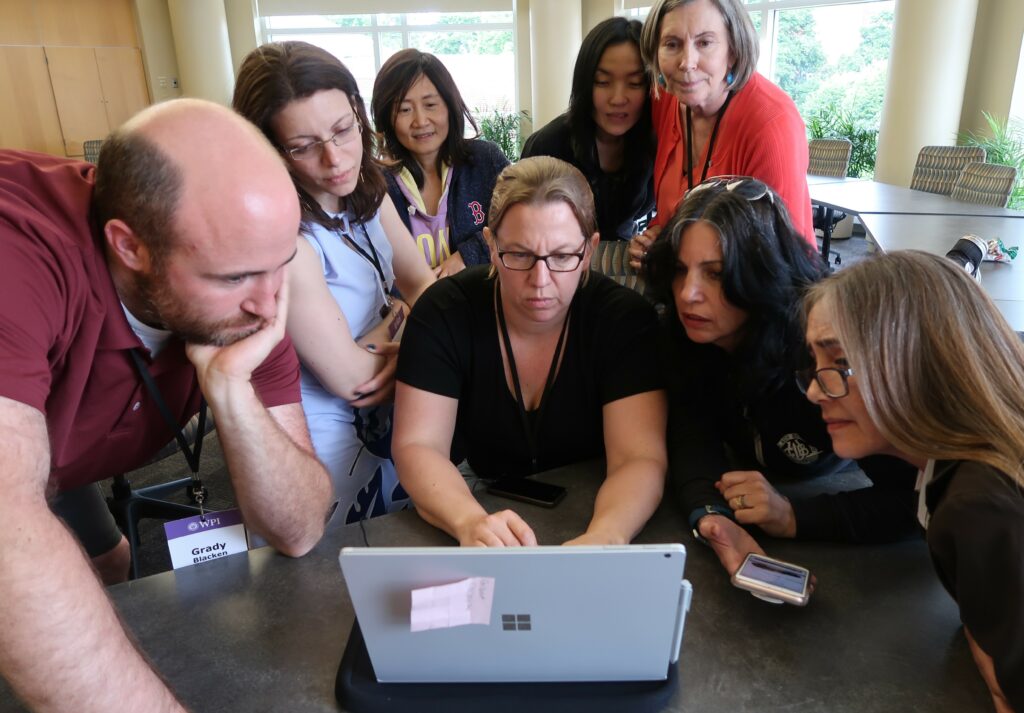
RISE provides individualized assistance to faculty, ranging from administrative help to specialized project support.
Some of these programs include:
- Administrative Support: Assistance with administrative tasks related to your projects
- Individualized Support: Tailored support for your specific needs.
- Project and/or External Partner Support: Help in coordinating with external partners for your projects.
- 1:1 Support for Faculty: Direct one-on-one support for faculty members
- Support for Course-Based Research Experiences: Consultation and resources for integrating research into your courses.
Funding and Grants
RISE provides financial support for faculty development, including training and research projects.
Some of these programs include:
- Professional Development: RISE offers financial support for faculty training and development. This initiative aims to enhance faculty skills and expertise through workshops, courses, and other educational activities. The goal is to empower faculty to implement innovative teaching methods and contribute to student success.
- President’s Award for Innovation & Equity: This prestigious award honors faculty and staff who have made significant contributions to advancing equity and inclusion within the Bellevue College community. The award celebrates innovative practices that positively impact student success, particularly for those who are historically underserved or marginalized.
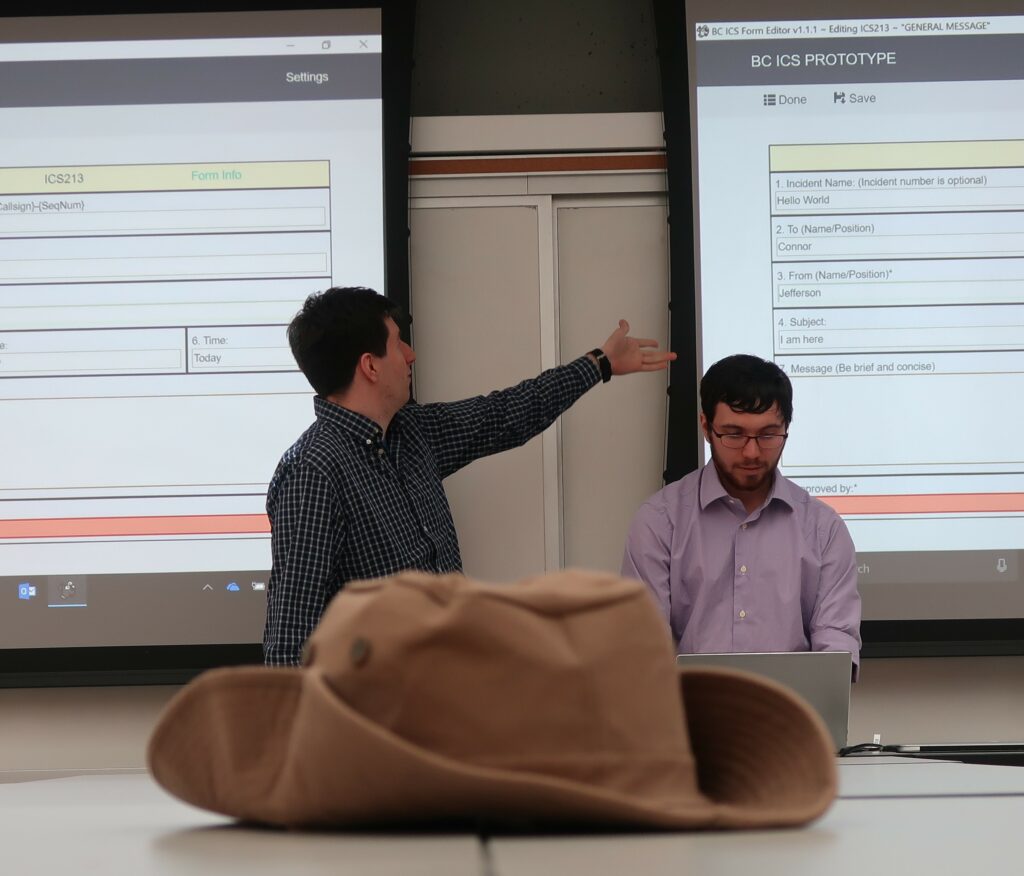
Last Updated September 26, 2023
